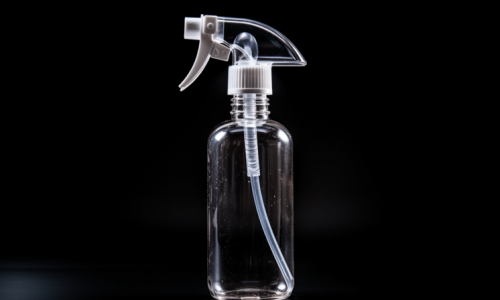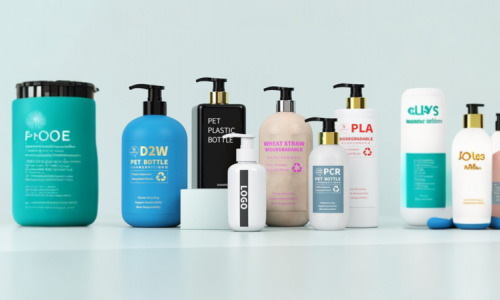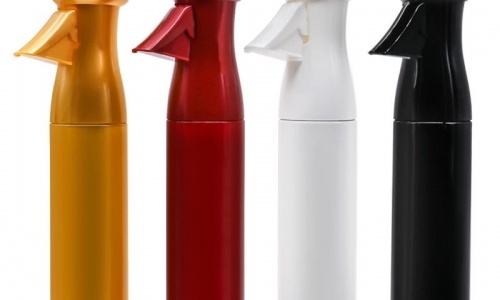The Versatility Of Plastic Bottles
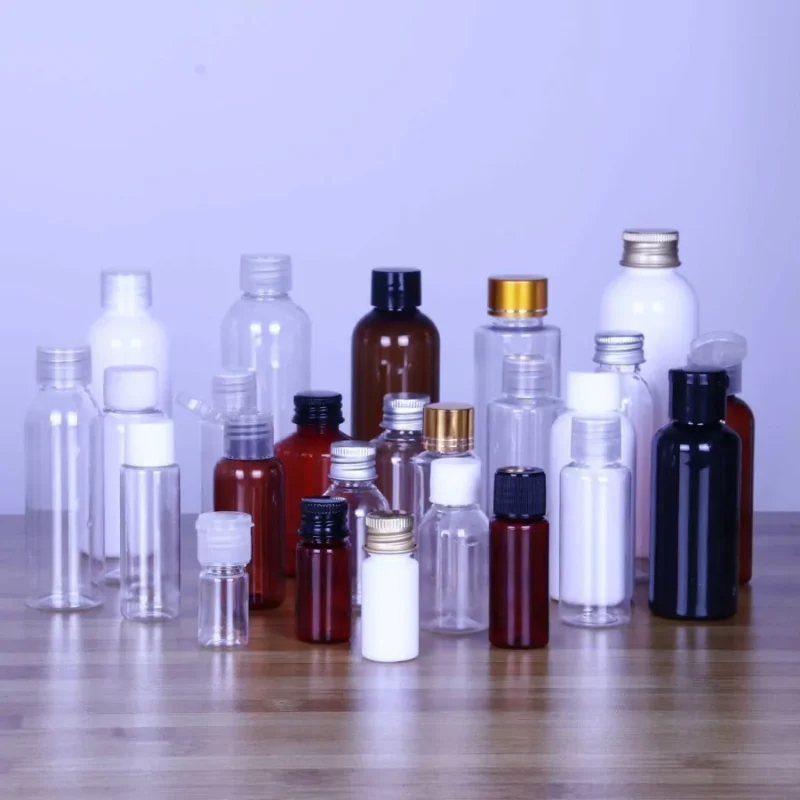
Plastic bottles edge out their glass counterparts with their remarkable versatility. Plastic production techniques allow manufacturers to mold bottles into various shapes and sizes, adapting to every conceivable packaging need. This adaptability gives plastic an advantage over glass packaging, which is generally more restrictive and energy-intensive to mold.
Raw Material And Durability
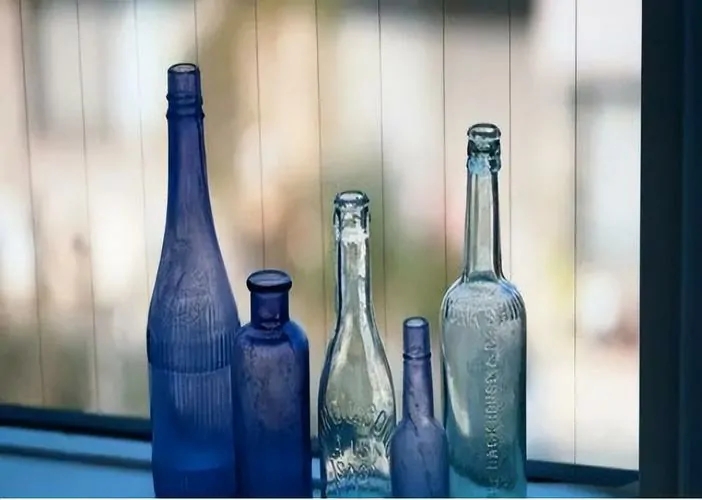
The raw materials involved in manufacturing play a crucial role in making plastic bottles a superior choice. High Density Polyethylene (HDPE), a prevalent type of plastic used in packaging, is lighter and sturdier than glass. This characteristic gives plastic bottles a significant advantage during transportation: lighter weights equate to fewer carbon emissions, reducing the carbon footprint associated with each bottle.
Eco-Friendly Aspects Of Plastic Bottles
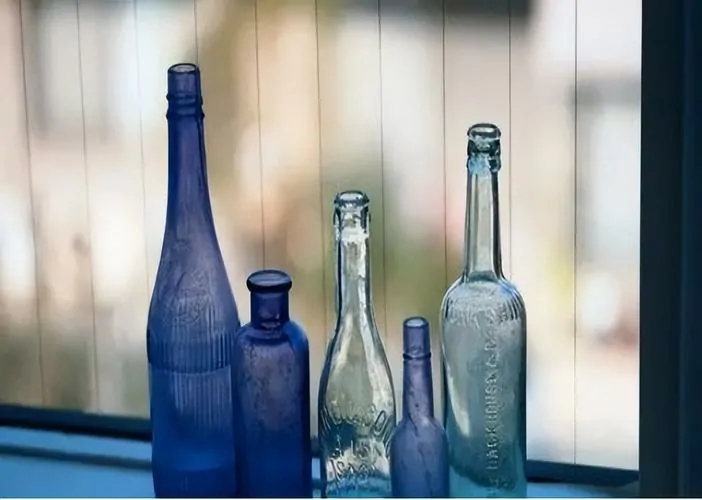
Contrary to popular belief, plastic bottles have solid eco-friendly attributes. Although glass is 100% recyclable, its recycling process is notably energy-intensive. High temperatures required for glass recycling result in a larger carbon footprint than plastic recycling.
Conversely, plastic bottles, particularly those made from HDPE, are also 100% recyclable. The recycling process of plastic is less energy-intensive, leading to a reduced warming potential compared to glass. Additionally, recycled plastic can be repurposed to produce various products, ranging from clothing to outdoor furniture, underlining the versatility of plastic’s lifecycle.
Environmental Impact Of Production
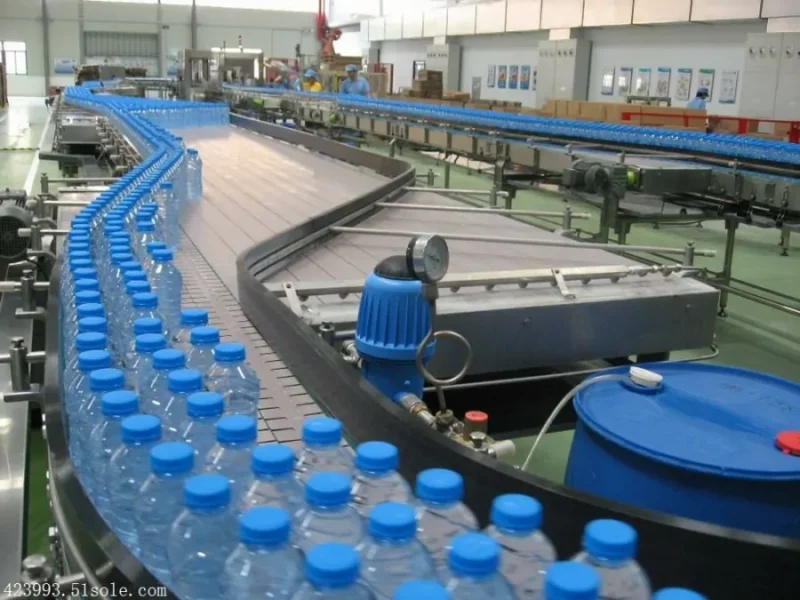
The environmental impact during the production phase also tilts the scales in favor plastic bottles. Studies indicate that the total carbon emissions during glass production exceed plastic production. The manufacturing of glass bottles is an energy-intensive process that requires significant amounts of raw material, making it less sustainable.
Durability And Safety: Glass Vs. Plastic
When considering the pros and cons of glass and plastic, durability and safety emerge as decisive factors. Although stylish and often perceived as higher quality, glass is prone to breakage. This not only leads to product waste but also poses safety risks. In contrast, plastic is more durable and resistant to damage, providing reliable protection for the products it houses.
Responsible Use And Recycling Of Plastic
It’s important to note that while irresponsible disposal of plastic can harm the environment, recent strides have been made to promote responsible recycling and reduce plastic waste. Many companies have committed to using recycled plastic in their products, proving that plastic use can be environmentally friendly when managed appropriately.
Plastic bottles outshine glass due to their versatility, lightness, durability, and the less energy-intensive nature of their production and recycling processes. Moreover, advancements in recycling technology continue to lessen the environmental impact of plastic.
While both materials have their respective advantages, plastic bottles offer a compelling combination of benefits that makes them a better choice in many cases.
Afshan’s products are all in line with environmental protection requirements. We have ISO14001:2015 management system certification. We provide various bottle packaging made of environmentally friendly PET, HDPE, PP, and glass. You can go to Afshan’s product center to learn more.



